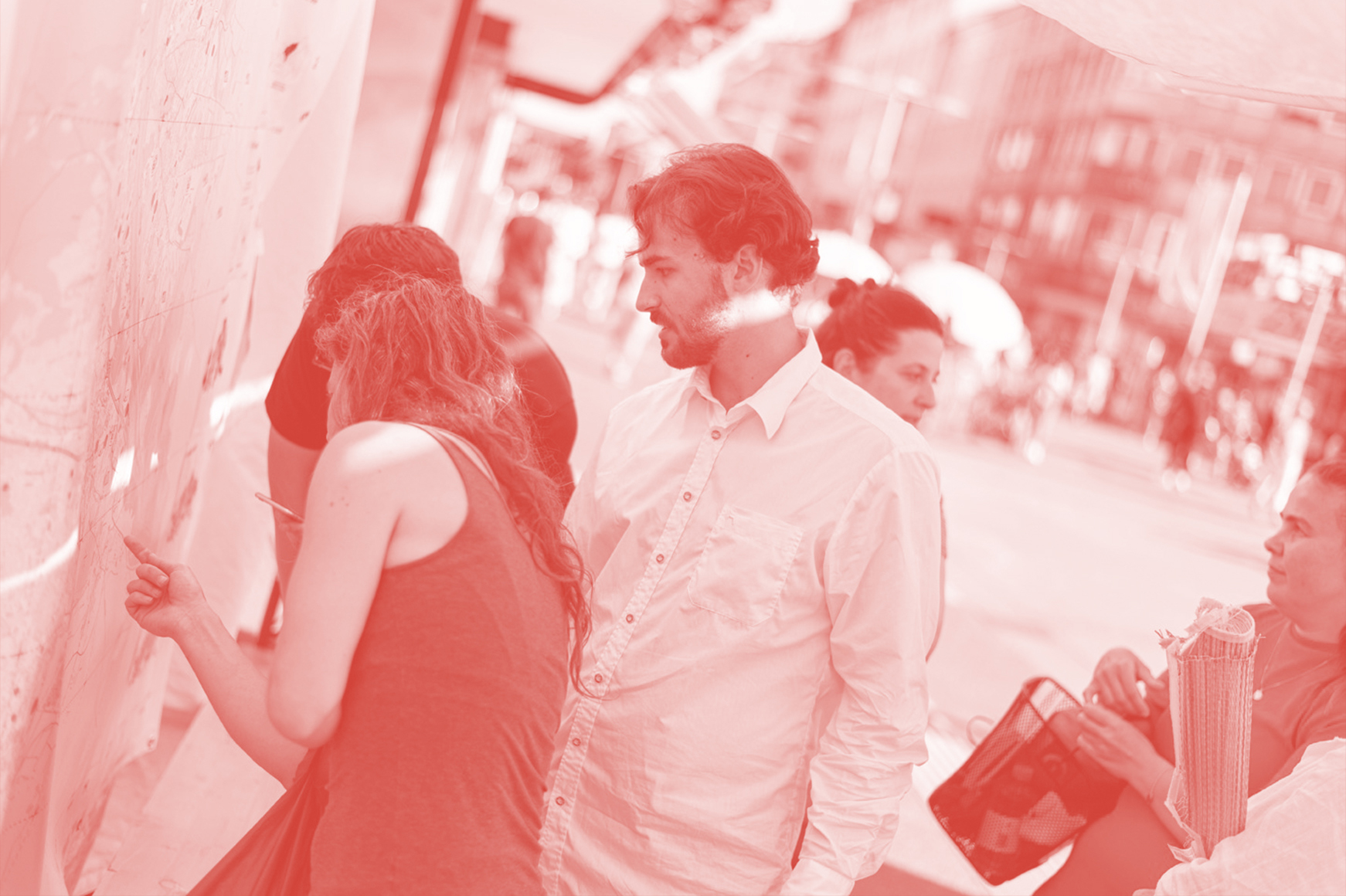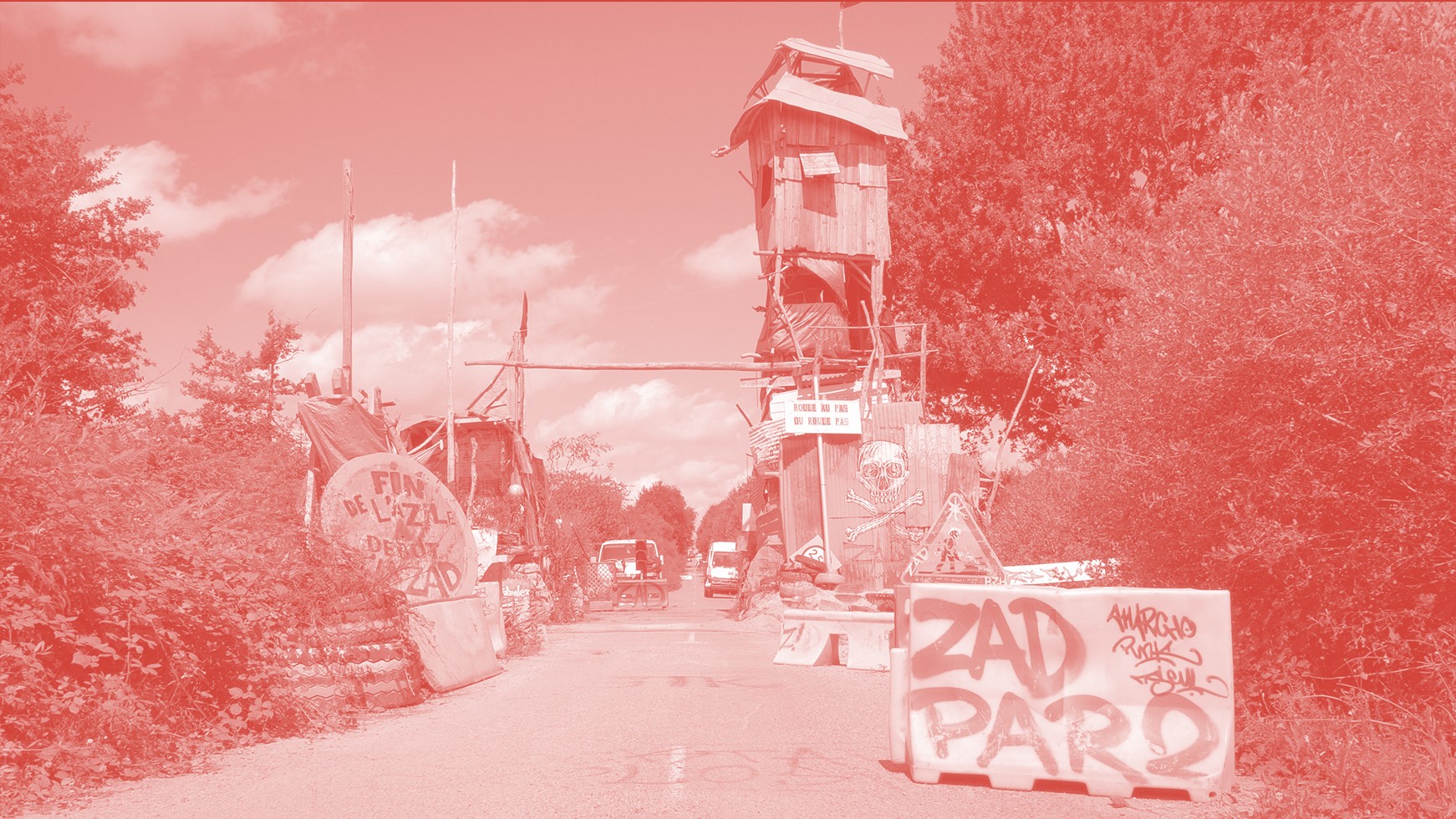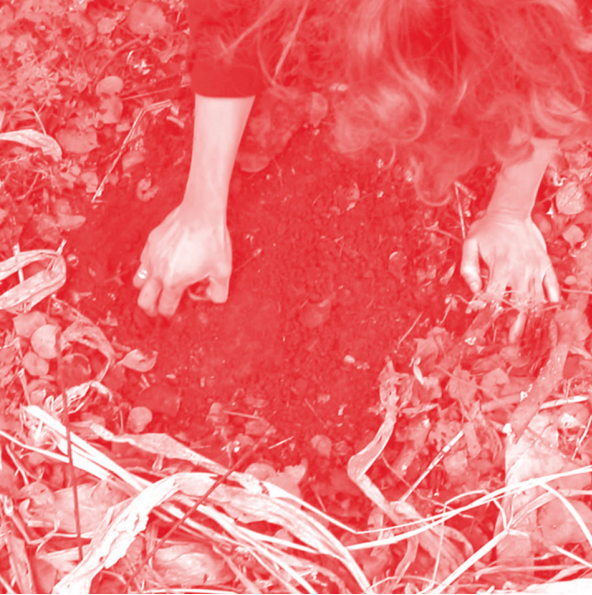The MetroLab initiates an International Dialogue on Metropolitan Planning.
The International Dialogue on Metropolitan Planning, consisting of a four-part dialogue series, kicked off in fall 2020 with the first two MetroLab Forums on mobility and urban growth, followed by the third MetroLab DELTA on October 4 &5, posing the question: Can metropolitan landscapes become resilient?

During a two-day program MetroLab Forum offers the opportunity to listen to exciting lectures by international experts, participate in walkshops and watch and discuss selected movies.
Location: Die Schöne, Kuffnergasse 7, 1160 Vienna
For more information & registration visit: http://metrolab.design
Program MOVIE NIGHT, October 4, 7PM
Everything’s coming together while everything’s falling apart: The ZAD AT/DE 2017, 36:00 min., OmU (german) D: Oliver Ressler
The film on the ZAD focuses on Europe’s largest autonomous territory, located close to Nantes in France. The ZAD (zone to defend) emerged from the struggle against a new airport. In 2012 the French state’s attempt to evict the zone was fiercely resisted by more than 40,000 people. The police have not set foot there since. Today 250 people in 60 collectives live permanently at the ZAD occupying the wetlands, fields and forests. The ZAD is a successful example of the way resistance and the creation of alternatives need to happen at the same time. While people take back control over their lives with self-organized bakeries, workshops, a brewery, medicinal herb gardens, a rap studio, weekly newspaper and a library, they hinder the construction of an unnecessary, ecologically disastrous airport project. The film is built around a group discussion with activists living at the ZAD.

So this is where we are now A 2020, 20:53 min., OmU (english), D: Viktoria Bayer, Michael Reindel
Hands are digging in the earth. A person is talking about the importance of micro-organisms, whose existence is endangered by the use of chemicals. We are at the Earth University Navdanya in Northen India, which was founded by Vandana Shiva. By creating a cinematic network out of diary entries, camera-/smartphone- and audio-recordings, the film reflects the outbreak of the corona pandemic and the multiple crises resulting from it. Right at a place, where an alternative economy is practiced. The environmental activist and scientist founded Navdanya to save India’s indigenous seeds from extinction and to show an alternative to international companies’ neoliberal capital interests. “So this is where we are now” is a cinematic rhizome that asks what we could learn from ecosystems like the one practiced at Navdanya, especially in times when societies are being confronted with new challenges.

supported by:


